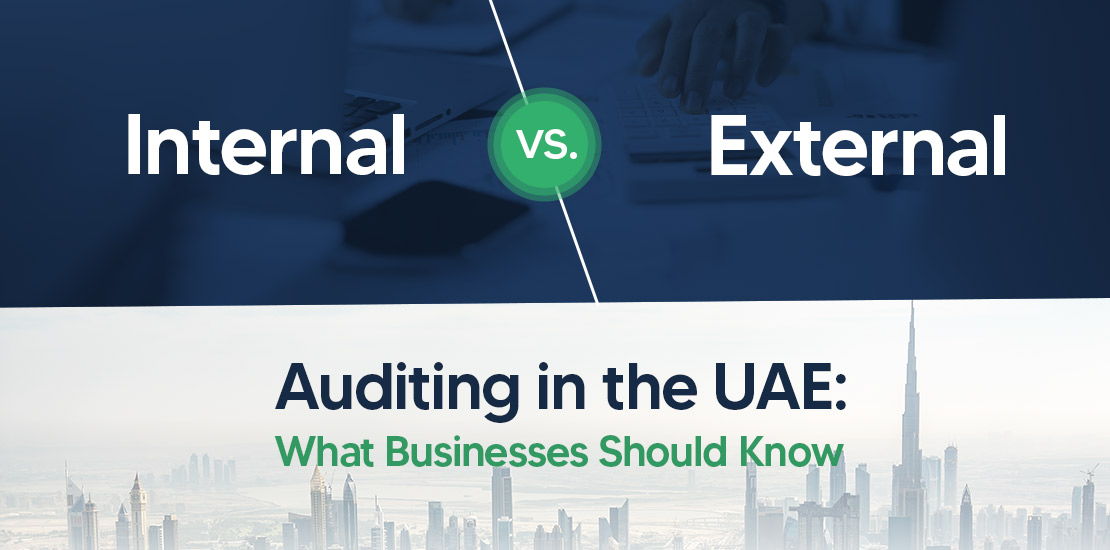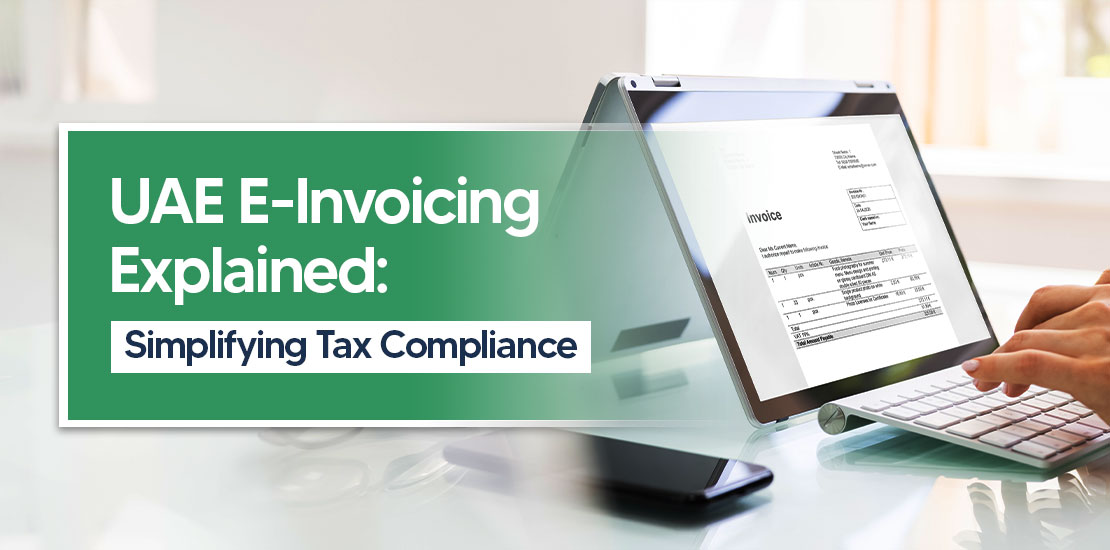Table of Contents
- What is Corporate Tax in UAE?
- UAE Corporate Tax Rates
- Exemptions and Exceptions
- Who Needs to Register for Corporate Tax in UAE?
- When to Register for Corporate Tax in 2025?
- Documents Required for UAE Corporate Tax Registration
- How to Register for Corporate Tax in UAE?
- Benefits of Timely UAE Corporate Tax Registration
- How Shuraa Tax Can Assist
The United Arab Emirates (UAE) introduced a corporate tax system to strengthen its economy and bring its tax policies in line with global standards. As of June 1, 2023, businesses in the UAE are required to pay a 9% corporate tax on profits above AED 375,000. While this change may seem new to many, it plays a key role in supporting the country’s growth and creating a more transparent business environment.
In 2025, it’s more important than ever for companies and individuals doing business in the UAE to complete their corporate tax registration on time. Failing to register within the deadline set by the Federal Tax Authority (FTA) can result in penalties and legal issues.
Additionally, starting January 1, 2025, the UAE will impose a 15% minimum top-up tax on large multinational companies with consolidated global revenues of €750 million or more, in line with the OECD’s global minimum tax agreement.
Therefore, we will guide you through everything you need to know about how to register for corporate tax in UAE in 2025. We’ll explain who needs to register, what documents are required, and the simple steps to complete your registration.
What is Corporate Tax in UAE?
Corporate Tax (CT) is a direct tax imposed on the net profits of businesses. Introduced by the UAE government, this tax aims to diversify national revenue sources and align the country’s tax system with international standards.
The implementation of corporate tax also enhances transparency and supports the UAE’s economic growth by ensuring that businesses contribute fairly to the nation’s development.
UAE Corporate Tax Rates
The corporate tax rates in the UAE are structured to support small businesses while ensuring larger entities contribute appropriately:
- 0% on taxable income up to AED 375,000
- 9% on taxable income exceeding AED 375,000
This tiered approach encourages entrepreneurship and supports the growth of small to medium-sized enterprises.
Exemptions and Exceptions
Certain entities and income types are exempt from corporate tax in the UAE:
- Government Entities: Federal and Emirate-level government bodies.
- Government-Controlled Entities: Businesses wholly owned by the government.
- Extractive and Non-Extractive Natural Resource Businesses: Companies involved in the extraction and exploitation of natural resources.
- Qualifying Public Benefit Entities: Organizations serving the public interest.
- Qualifying Investment Funds: Funds meeting specific regulatory criteria.
- Pension or Social Security Funds: Both public and private funds under regulatory oversight.
- Wholly Owned UAE Subsidiaries: Subsidiaries of exempt entities.
Additionally, businesses operating in free zones may benefit from a 0% tax rate on qualifying income, provided they meet certain conditions, such as maintaining adequate substance and complying with transfer pricing rules.
Who Needs to Register for Corporate Tax in UAE?
UAE corporate tax registration is mandatory for various entities and individuals engaged in business activities.
1. Mainland Companies
All businesses operating in the UAE mainland, including Limited Liability Companies (LLCs), Public Joint Stock Companies (PJSCs), and other legal entities.
2. Free Zone Entities
Companies established in UAE Free Zones must register for corporate tax, even if they qualify for a 0% tax rate on certain income.
3. Natural Persons (Individuals)
Individuals conducting business activities in the UAE, such as freelancers or sole proprietors, must register for corporate tax if their annual turnover exceeds AED 1 million.
4. Branches of Foreign Companies
Foreign companies with a permanent establishment or a fixed place of business in the UAE are obligated to register for corporate tax.
5. Non-Resident Juridical Persons
Foreign legal entities that have a permanent establishment or derive income from the UAE are subject to corporate tax and must register accordingly.
6. New Businesses
Companies incorporated, established, or recognized in the UAE after 1 March 2024 must complete their corporate tax registration within three months from the date of incorporation.
Failing to register for corporate tax by the specified deadlines can result in an administrative penalty of AED 10,000.
When to Register for Corporate Tax in 2025?
The deadlines for corporate tax registration in the UAE depend on your business type, incorporation date, and residency status.
Resident Juridical Persons (Companies)
For entities incorporated before 1 March 2024:
The registration deadline is based on the month your business license was issued:
|
License Issuance Month |
Registration Deadline |
|
January – February |
31 May 2024 |
|
March – April |
30 June 2024 |
|
May |
31 July 2024 |
|
June |
31 August 2024 |
|
July |
30 September 2024 |
|
August – September |
31 October 2024 |
|
October – November |
30 November 2024 |
|
December |
31 December 2024 |
Note: The corporate tax registration deadlines were issued by the UAE Federal Tax Authority in 2024 and apply to entities established before 1 March 2024. Businesses incorporated after that date must register within 3 months of incorporation.
If your company holds multiple licenses, use the one with the earliest issuance date to determine your deadline.
For entities incorporated on or after 1 March 2024:
- UAE-incorporated entities (including Free Zone companies): Register within 3 months of incorporation.
- Foreign entities effectively managed and controlled in the UAE: Register within 3 months from the end of their financial year.
Non-Resident Persons
Permanent Establishment: Non-resident entities with a permanent establishment in the UAE before March 1, 2024, must register within nine months from the date the permanent establishment was established.
Documents Required for UAE Corporate Tax Registration
To register for corporate tax in the UAE, businesses are required to submit specific documents as part of the registration process. These documents help the Federal Tax Authority (FTA) to verify the business and tax details. The general documents include:
- Trade license
- Emirates ID / Passport
- Proof of address
- Shareholder and director information
- Corporate bank account details
- Financial statements (Balance sheets, income statements, etc.)
- VAT Registration Details (if applicable)
- Declaration of taxable period
- Other relevant documents
Ensure all documents are clear and legible. The FTA accepts digital submissions in PDF or Word formats, with a maximum file size of 5 MB per document. All registrations must be completed through the EmaraTax platform.
How to Register for Corporate Tax in UAE?
Here’s a simple step-by-step process for registering corporate tax in the UAE through the Federal Tax Authority’s (FTA) EmaraTax portal.
1. Access the EmaraTax Portal
Visit the EmaraTax portal (https://eservices.tax.gov.ae). If you already have an account (e.g., for VAT purposes), log in using your credentials. If you’re a new user, create an account by registering with your email and contact details.
2. Select or Add a Taxable Person
Upon logging in, navigate to the “Taxable Person” section. If your business entity isn’t listed, click on “Add Taxable Person” and provide the necessary details.
3. Initiate UAE Corporate Tax Registration
Within the Taxable Person dashboard, locate the “Corporate Tax” tile. Click on “Register” to begin the registration process.
4. Complete Business Information
Fill in the required details about your business, including:
- Trade license number and issue date
- Legal entity type (LLC, Sole Proprietorship, Free Zone Company, etc.)
- Company address and contact details
- Financial year start and end dates
5. Upload Required Documents
Upload all the necessary documents. Make sure the documents are:
- Clear and valid
- In PDF or JPEG format (as per FTA guidelines)
- Within the file size limits specified on the portal
6. Add Authorised Signatory
Input the details of the individual authorised to sign on behalf of the business. Upload necessary identification documents, such as Emirates ID or passport.
7. Review and Submit Application
Carefully review all entered information for accuracy. Acknowledge the declaration confirming the correctness of the provided information. Click “Submit” to finalise your Corporate Tax registration application.
8. Application Review by FTA
The FTA will review your application and may request additional information if needed. You can track the status of your application through your EmaraTax dashboard.
9. Receive Corporate Tax Registration Number (TRN)
Upon approval, you will receive your Corporate Tax Registration Number (TRN) via email and through your EmaraTax account. Save this number for future tax filings and correspondence with the FTA.
If you’re unsure about any step or need professional assistance, consider reaching out to tax consultants like Shuraa Tax for smooth and hassle-free corporate tax registration in UAE.
Benefits of Timely UAE Corporate Tax Registration
Registering for corporate tax on time in the UAE isn’t just about compliance, it also brings several important benefits for your business. Here’s why:
1. Avoid Penalties
One of the biggest advantages of registering on time is avoiding fines. The Federal Tax Authority (FTA) imposes an AED 10,000 penalty for late registration.
2. Build a Strong Business Reputation
Timely compliance shows that your company is reliable and professional. It helps build trust with clients, investors, and government authorities.
3. Smooth Tax Filing Later
Early registration gives you more time to understand the process and get your records in order. It helps you prepare for corporate tax filing and payments without last-minute stress.
4. Access to FTA Services
Once registered, you gain access to FTA resources and support for tax-related matters. This includes help with tax returns, exemptions, and any clarifications.
5. Compliance with UAE Tax Law
Most importantly, timely registration keeps your business compliant with the UAE Corporate Tax Law, which is mandatory for all applicable entities.
How Shuraa Tax Can Assist
Registering for corporate tax in the UAE in 2025 is very important for every business. It helps you follow the law, avoid big fines, and stay ready for future tax filings. The sooner you register, the smoother the process will be, and you won’t have to worry about missing any deadlines. If you’re unsure about where to start or need help with the process, Shuraa Tax is here for you.
Our team makes corporate tax registration easy and stress-free. We also offer help with VAT registration, accounting & bookkeeping services, and all other tax-related services in the UAE. Get in touch with us today and let us handle all your tax needs
Contact us today for personalised assistance:
📞 Call: +(971) 44081900
💬 WhatsApp: +(971) 508912062
📧 Email: info@shuraatax.com













